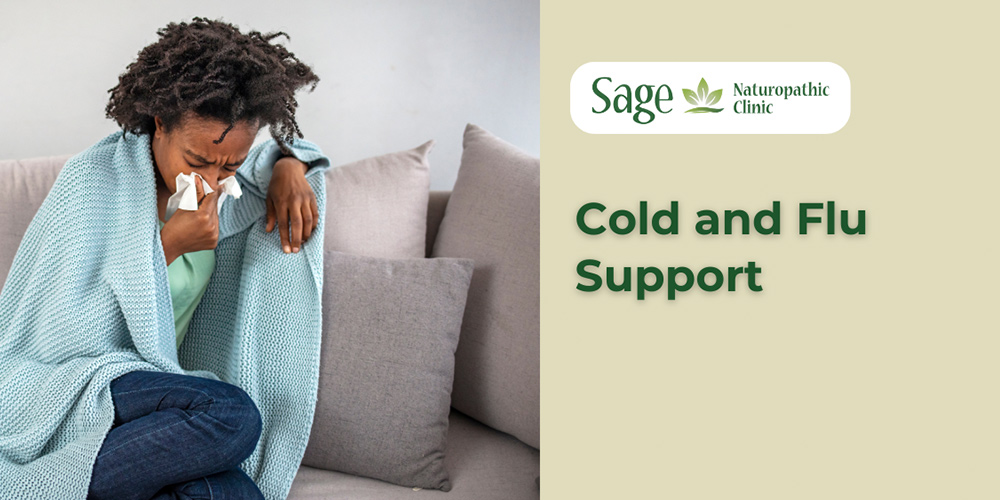
During this time of year, our immune system can face many challenges and colds and flus are more common. An era of isolation due to COVID can weaken our immune system for many reasons, poorer diet, less access to the outdoors, more stress, and less connection in our relationships. Pathogenic viruses, bacteria and fungi have the ability to evolve faster than we can accommodate. The climate is also changing rapidly, with temperatures that range from warm to cold within a 24-hour period. The impact of changing temperatures and humidity levels on our immune system has been well documented and historically known in traditional communities. For instance, in Asian Medicine, the knowledge of the “Change of Seasons” has been passed down through generations through foods like soups and stews during the fall, such as congee and squash soups, to help ease digestion and add more minerals to our diet. In Eastern Europe, there is a long tradition of using dandelion root as a tea, its leaves as a salad and fresh young stinging nettle leaves as tea during the Spring to support the liver’s function. The immune system is also tied to other systems, like the autonomic system, which can guide how we handle stress and how our body can restore itself, the digestive system and our nervous system; just to name a few. Understanding how our immune system responds to stress – either perceived or unperceived – is an important piece of the puzzle and adds to our endeavour to live well.
At the onset of an infection, colds and flus share similar symptoms. Some overlapping and common signs and symptoms are: runny nose, congestion, cough (wet or dry), and sore throat. However, flus are more serious infections, caused by different pathogens, and can include a low-grade fever (37.5-38.3 C; or 99.5-100.3 F), achy joints and muscles and chills. Both are caused by viruses, however, the flu is specifically associated with the influenza virus, while colds can be caused by rhinoviruses, adenoviruses, coronaviruses and human metapneumoviruses. The symptoms listed above are ways that our immune system builds a defense against the virus. The state of the lymphatic system can determine how well we can isolate and eliminate the virus from the body.
There are many factors that can affect how our immune system responds to an infection. Low cortisol, adrenal fatigue, increased inflammation in the body, and a disrupted gut microbiome can weaken our immune system and make it less resilient. Some risk factors are modifiable, such as lack of sleep quality, poor nutrition, chronic stress, a sedentary lifestyle, and pre-existing medical conditions (e.g. diabetes). Some factors are less modifiable and hard to detect, like environmental toxins and genetic predisposition.
Here are some natural ways to boost the immune system and help manage stress:
- Exercise: consistency is key. Aim for an average of 30 mins of moderate-intensity aerobic physical activity 5 days per week; or a weekend warrior style of 150 mins once per week.
- Mindfulness practice and deep breathing: 5-10 mins twice per day. There is no right or correct way, the practice is yours. Practice being present for you.
- Get adequate quality sleep: (7-9 hours): aim for a feeling of being refreshed in the morning. Consider getting an extra hour sleep each weekend until the time change.
- Eat a balanced diet rich in vegetables, fruit high in antioxidants, extra virgin olive oil, some nuts and seeds, whole grains, and protein (plant based > fish > white meat > red meat). Essentially, aim for a Mediterranean diet and share your meal with at least one person.
- Stay hydrated: wake up and drink water, add electrolytes if needed later in the day.
- Practice stress-reducing techniques outside: outdoor yoga, walking, cycling, gardening, being outside to enjoy the fall colours
- Consider adding supplements, herbs, IV therapy to your regime.
Please speak to a health professional like a naturopathic doctor if you’d like to learn how these remedies or IV therapy can help you and your loved ones support the immune system this season.
Dr. Carole Chueng, ND